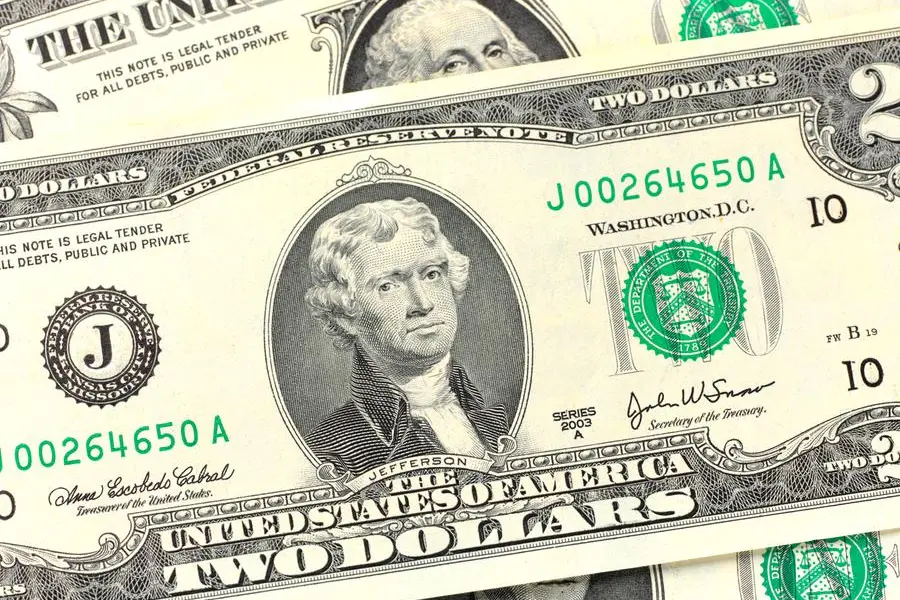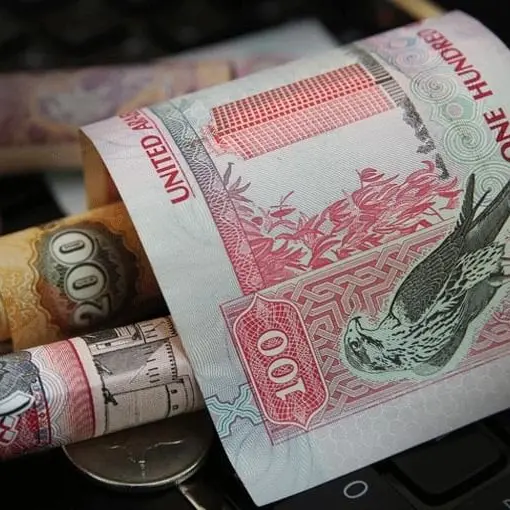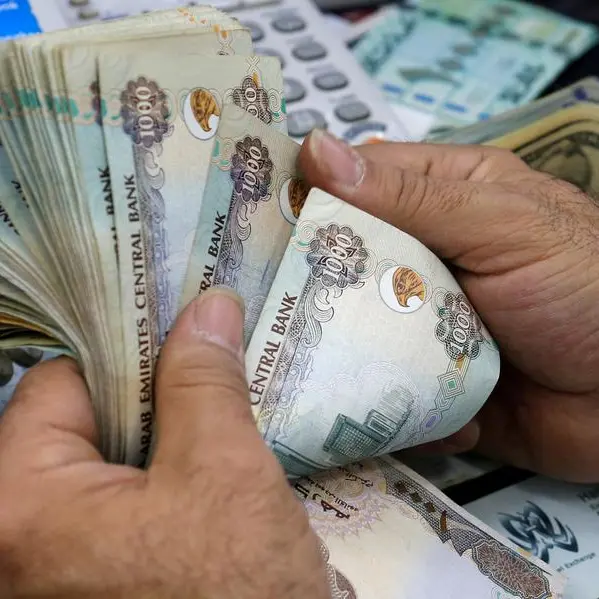PHOTO
NEW YORK - U.S. Treasury yields eased for a second consecutive day on Wednesday as the market remained apprehensive about the Federal Reserve's ability to corral inflation without throwing the economy into recession.
Fed Chief Jerome Powell said on Wednesday that there is a risk the Fed's interest rate hikes will slow the economy too much, but the bigger risk is persistent inflation that allows public expectations about prices drift higher.
The labor market is "tremendously strong" and the economy can withstand the U.S. central bank's monetary tightening plans, though there is no guarantee, Powell said at a European Central Bank conference.
Stan Shipley, fixed-income strategist at Evercore ISI, said markets will remain choppy as investors and traders read into the economic data what they want to see. "We're getting slower economic data, some sectors look to be in recession, other sectors look to be in pretty good shape," he said. "Ultimately the Fed is going to take down inflation so that by the time we get into September and October, inflation data will start to be rolling over," he said.
The yield on 10-year Treasury notes fell 4.9 basis points to 3.158%, while the two-year's yield advanced 0.2 basis points to 3.126%. The gap between the yields on the two- and 10-year notes, a commonly used metric for indicating a potential recession when rates at the short end are higher than the long end, flattened further to 3.1 basis points.
Rates in the middle of the curve already are inverted, with yields on the three-, five- and seven-year notes higher than the 10-year, at 3.209%, 3.228% and 3.237%, respectively.
There is a risk that U.S. businesses and households could see price pressures persisting for a long time and central banks must act resolutely to bring inflation down, Cleveland Federal Reserve President Loretta Mester said on Wednesday. Mester told CNBC earlier that if economic conditions remain the same, she will push for a 75 basis point interest rate rise at the Fed's next policy meeting on July 26-27.
The Fed raised its benchmark overnight interest rate two weeks ago by 75 basis points - its biggest increase since 1994 - to a range of 1.50% to 1.75%, and signaled its policy rate would rise to 3.4% by the end of this year. The yield on the 30-year Treasury bond was down 4.5 basis points to 3.267%.
The breakeven rate on five-year U.S. Treasury Inflation-Protected Securities (TIPS) was last at 2.727%. The 10-year TIPS breakeven rate was last at 2.455%, indicating the market sees inflation averaging about 2.5% a year for the next decade.
The U.S. dollar 5 years forward inflation-linked swap , seen by some as a better gauge of inflation expectations due to possible distortions caused by the Fed's quantitative easing, was last at 2.449%.
(Reporting by Herbert Lash, Editing by Peter Graff)





















